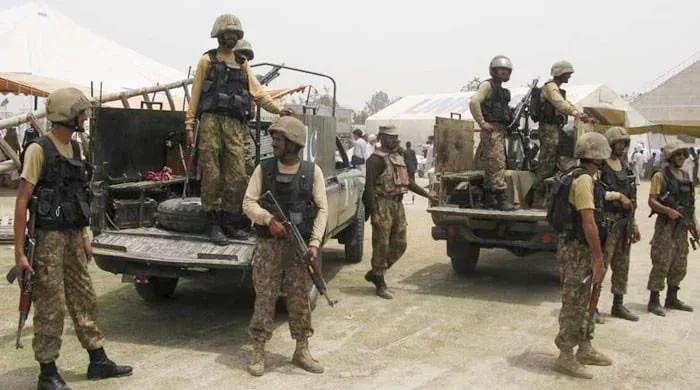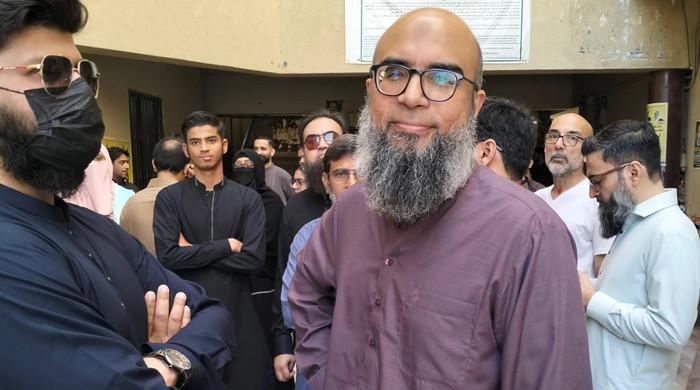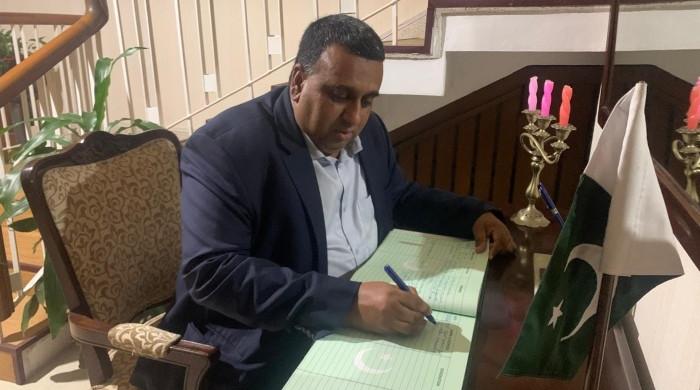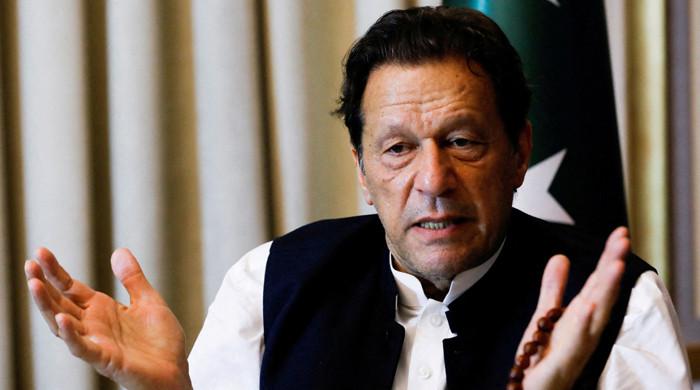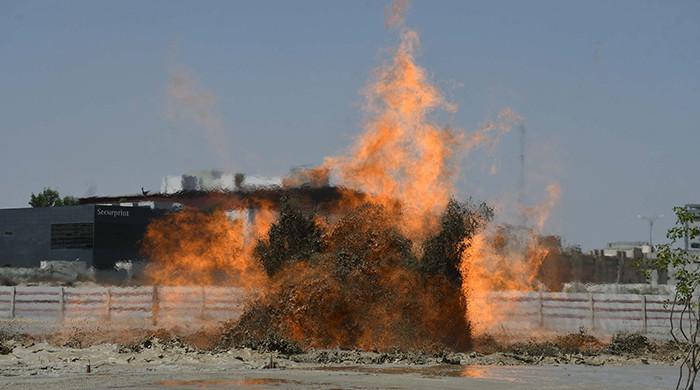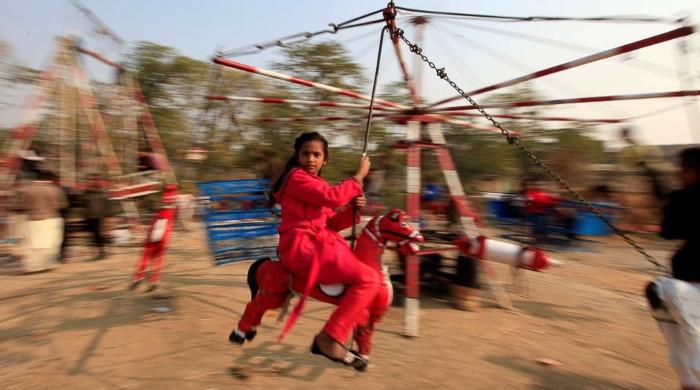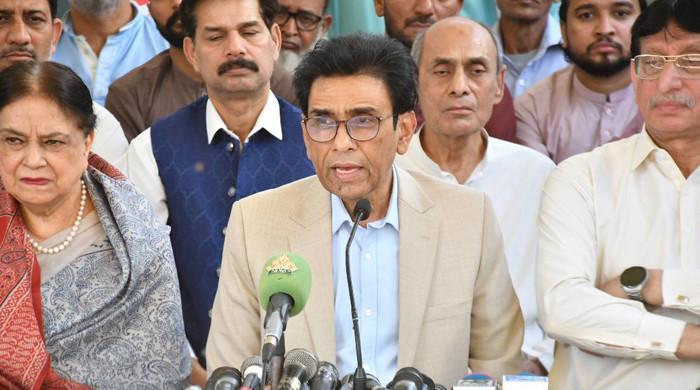Classes at Sindh universities halted for fifth day amid VC appointment protests
Teaching suspended in 17 Sindh universities over VC appointment protests by Fapuasa
January 20, 2025
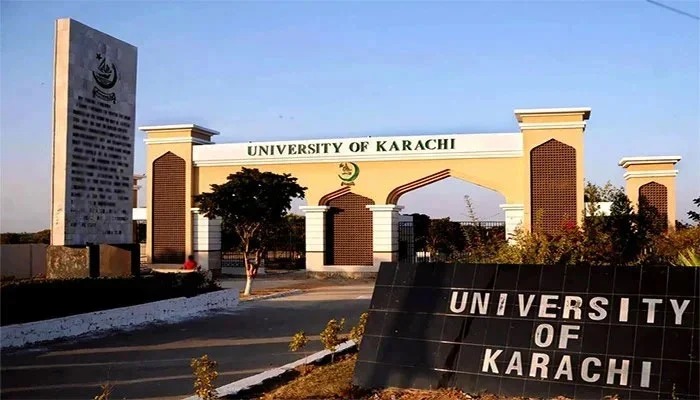
KARACHI: Academic activities in various universities across Sindh remain suspended for the fifth consecutive day as protests intensify against the appointment of bureaucrats as vice-chancellors.
The Federation of All Pakistan Academic Staff Association Sindh (Fapuasa) initiated the boycott of teaching activities, expressing opposition to the government’s decision to appoint bureaucrats as vice-chancellors.
Teaching activities have been disrupted in over 17 universities, including the University of Karachi, since January 16.
Fapuasa representatives have strongly condemned the proposed amendments to the Universities Act, which allow non-academics and bureaucrats to assume vice-chancellor positions.
They have demanded an immediate withdrawal of these changes, warning that such policies undermine academic autonomy and the quality of higher education.
Fapuasa Sindh’s chapter has called for province-wide protests, observing a black day, and holding general body meetings to mobilise the academic community.
The association has directed its members to organise press conferences and rallies at their respective universities, escalating efforts to resist the government’s “anti-education policies.”
Fapuasa also announced plans for a press conference to formally declare a complete boycott of academic activities in all public universities across Sindh.
Fapuasa Sindh President and General Secretary criticised the government’s continued support for non-permanent faculty appointments and the appointment of bureaucrats, calling it a disregard for the academic dignity and meritocracy essential for shaping the future of higher education.
The Higher Education Commission (HEC) has also expressed concern over the appointment of bureaucrats and non-PhDs as vice-chancellors, noting that such decisions compromise the autonomy and academic standards of universities.
Fapuasa leaders reaffirmed their commitment to safeguarding academic freedom and meritocracy, urging the government to immediately reverse its decisions.
The association warned that any attempts to politicise or bureaucratise university leadership would face united resistance from the academic community in Sindh.




